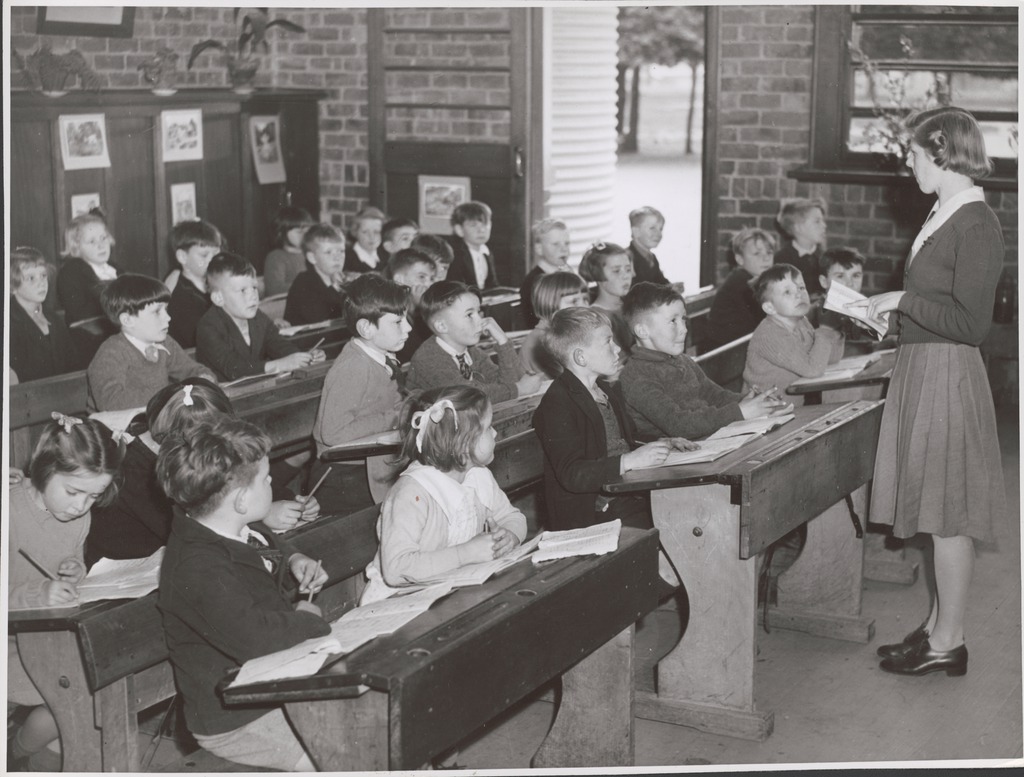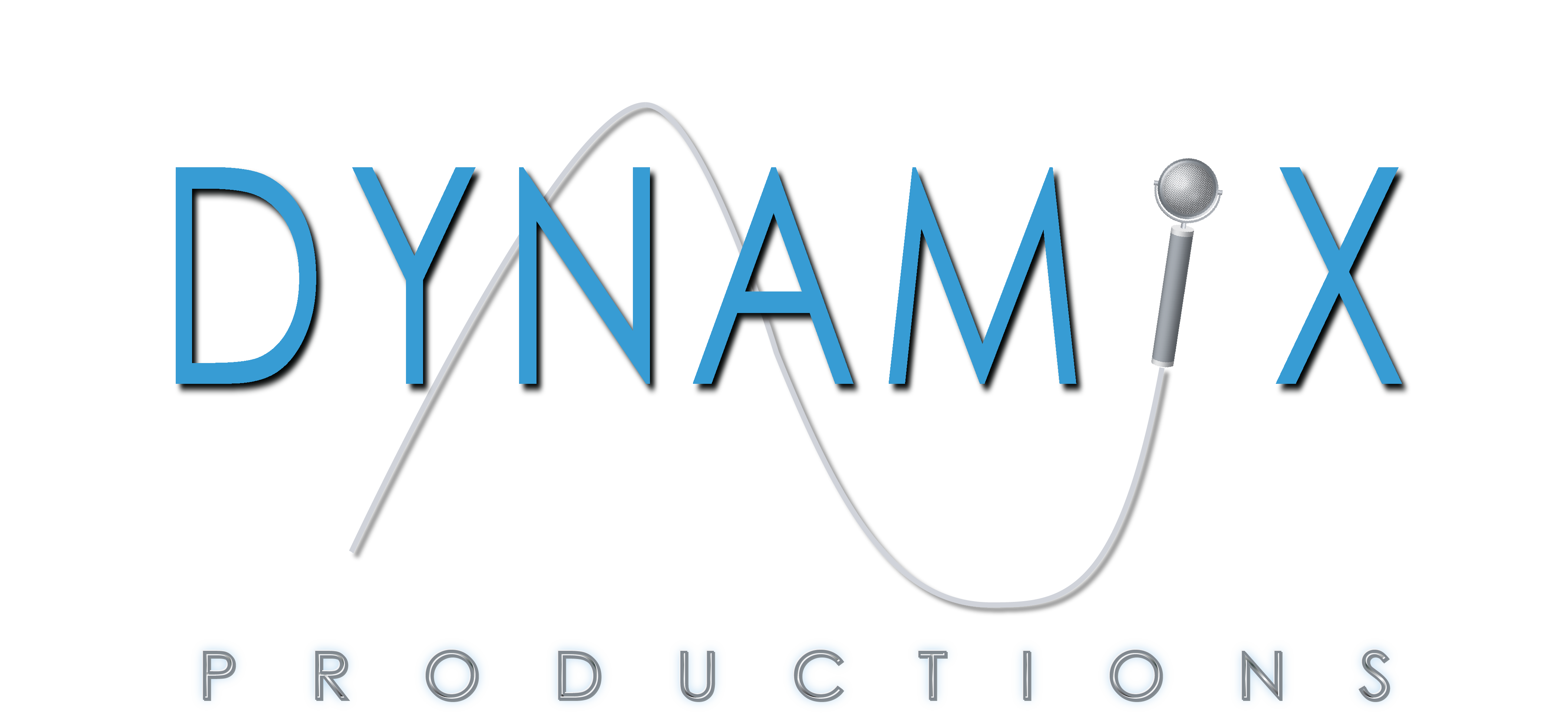Sep 05, 2018 10:39 AM Filed in:
Did You Know? | History
"Treat the recording studio as a laboratory for conceptual thinking — rather than as a mere tool."
Brian Eno
When I was young in the...cough...60s and 70s, the only real glimpses I got inside a recording studio was through television and movies. There was a smattering of documentaries and behind-the-scenes footage of studios and radio stations. I was always straining to see the control board and tape machines, or marveling at the cavernous studio on the other side of the glass. It was absolutely riveting to peek inside them and see how a record was made. The 8-foot long mixing console was often shot through a fisheye lens. Long-haired musicians were sunk down into a couch smoking cigarettes (?) and listening to their masterpiece. And there were close-up shots of that big fat 2-inch tape rolling past the heads of the recorder.
And then there were studios used as backdrops in TV shows and movies. The shots of these studios were usually more generic, making sure the actor's face can be seen as they sing behind a mic or play a guitar. Early on, I picked up on the fact that something wasn't quite right about the way the characters were interacting with the equipment. The manic producer would push a random button while screaming at the performer on the other side of the glass. The tape machine in the background was either rolling when it shouldn't be, or not rolling when it should. The singer would be cutting a first take (usually a bad lip sync attempt), and a second vocal track would magically appear underneath.
The studio was also where someone was killed, kidnapped, beaten up, or overdosed. It was a place for lovin' and lustin', drinkin' and smokin', and snortin' and poppin'. The studio was where the killer, the thief, the pusher, the embezzler, the con artist, the lunatic, or the bad guy hung out. The recording engineer was always someone that could be paid off easily, coerced to lie, supplied the drugs, or was in on the crime. Sometimes all of the above.
When I was starting to get serious about a career in recording, a lot of these misconceptions about studio life had me wondering if I really wanted to be a part of that world. On one side, I had images of George Martin in a tie producing works of art with the Beatles, and on the other drugged up hippies smoking funny cigarettes and sloshing through takes. But I knew that I wanted to be in the audio business. To find out more about it, I started with my high school counselor and found some hard data about careers in the sound business. Much of this data was compiled from U.S. Labor Department statistics and had salary ranges, job titles, growth projections, etc. Not as detailed as a career in medicine, but the government seemed to be taking audio engineers more seriously than screen writers did. It was starting to look a little more promising.
I did some soul searching and wondered how I would deal with these unseemly people or undesirable studios that writers had portrayed if I ran into one. I think most of us in the industry can say that we've known an engineer or studio that wore at least one of these unsavory labels, but in general I've found nothing but professionals that take their jobs seriously. And yes, I have been in studios with a funny cigarette smell or beer-stained carpets, but all-in-all most studios are cleaner than hospital operating rooms. So the made-for-TV studio of the past is not what a commercial studio is today.
What is it really like in a studio? Well, Dynamix is not a music studio, but we are on parallel with them because of the creativity that comes through the door. Most people go in to a studio to create a project that makes money. Even the singer with a day job that scrapes up the cash to record some songs on the weekend hopes to parlay those recordings into either direct sales or a foot into the music industry. So if someone has money to spend and they want something in return, they're going to be serious about it. And so are we.
But...we still find ourselves in the middle of stuff made for TV. It seems the bells and whistles attract all kinds. I've had to deal with shouters, drunks, coke heads, lurkers, stalkers, thieves, smarmy con artists, paranoidal spouses, the mob (I think, but I won't talk about it just in case), pornographers, aliens (they acted like they were from another planet), and one lady that was trying to prove Michael Jackson and Stevie Wonder stole her music. I think it was the other way around, actually.
If you really want to know what it's like in a studio, I've listed below just some of my favorite documentaries that show behind-the-scenes footage of artists, producers, and engineers at work. I've also listed some great movies that feature recording studios or radio stations that get most of it right. If the story is good, I can't be nitpicky about using mics without pop filters, or when an actor pushes the solo button instead of the talkback button. But it sure is satisfying when they get it right.
Some of My Favorite Documentaries That Feature Recording Studios
- Sound City (2013) Dave Grohl explores the history of the Sound City recording studio in Los Angeles, where some of the greatest rock albums of all time were perfected and recorded.
- Tom Dowd & The Language of Music (2003) My hands-down favorite documentary is about Tom Dowd, who was an innovative recording engineer and producer of noted albums with John Coltrane, Ornette Coleman, Otis Redding, Eric Clapton, the Allman Brothers and many others. The depth of his knowledge and experience will surprise you.
- The Wrecking Crew (2008) A celebration of the musical work of a group of session musicians known as "The Wrecking Crew", a band that provided back-up instrumentals to such legendary recording artists as Frank Sinatra, The Beach Boys and Bing Crosby.
- Standing in the Shadows of Motown (2002) Documentary about the Funk Brothers, a group of Detroit musicians who backed up dozens of Motown artists.
- Atlantic Records – The House That Ahmet Built (2007) Ahmet Ertegun created a new genre of music that combined the African-American music of 1940s Washington, D.C., with the European sensibility.
- Respect Yourself – The Stax Records Story (Great Performances) (2007) Spectacular rise & disgraced collapse of Memphis' socially-conscious, neighborhood-based Stax Records, which spawned many of the best soul sounds of the 60's and 70's.
- 20 Feet From Stardom (2013) Backup singers live in a world that lies just beyond the spotlight. Their voices bring harmony to the biggest bands in popular music, but we've had no idea who these singers are or what lives they lead, until now.
- Muscle Shoals (2013) A documentary that celebrates Rick Hall, the founder of FAME Studios in Muscle Shoals, Alabama, and the signature sound he developed in songs such as "I'll Take You There", "Brown Sugar", and "When a Man Loves a Woman".
- Buena Vista Social Club (1999) Aging Cuban musicians whose talents had been virtually forgotten following Castro's takeover of Cuba, are brought out of retirement by Ry Cooder, who travelled to Havana in order to bring the musicians together, resulting in triumphant performances of extraordinary music, and resurrecting the musicians' careers.
- The Greatest Ears In Town: The Arif Mardin Story (2013) Aretha Franklin's "Until You Come Back To Me," the Bee Gees "Jive Talkin," Norah Jones "Don't Know Why," Chaka Khan's "I Feel For You," Bette Midler's "Wind Beneath My Wings"... are just a handful of the legendary artists and iconic hit recordings produced by 12 time Grammy Award winning producer, arranger and composer, Arif Mardin.
- Soundbreaking: Stories From the Cutting Edge of Recorded Music. (PBS) The eight-part series explores the art of music recording, and offers a behind-the-scenes look at the birth of brand new sounds.
Some of My Favorite Movies That Feature Recording Studios
- Hustle and Flow (2005) With help from his friends, a Memphis pimp in a mid-life crisis attempts to become a successful hip-hop emcee.
- What's Love Got to Do With It (1993) The story of singer Tina Turner's rise to stardom and how she gained the courage to break free from her abusive husband, Ike Turner.
- Dreamgirls (2006) A trio of black female soul singers cross over to the pop charts in the early 1960s, facing their own personal struggles along the way.
- The Doors (1991) The story of the famous and influential 1960s rock band The Doors and its lead singer and composer, Jim Morrison, from his days as a UCLA film student in Los Angeles, to his untimely death in Paris, France at age 27 in 1971.
- Berberian Sound Studio (2012) A sound engineer's work for an Italian horror studio becomes a terrifying case of life imitating art.
- Ray (2004) The story of the life and career of the legendary rhythm and blues musician Ray Charles, from his humble beginnings in the South, where he went blind at age seven, to his meteoric rise to stardom during the 1950s and 1960s.
- Blow Out (1981) A movie sound recordist accidentally records the evidence that proves that a car accident was actually murder and consequently finds himself in danger.
- The Conversation (1974) A paranoid, secretive surveillance expert has a crisis of conscience when he suspects that a couple, on whom he is spying, will be murdered.
- Love & Mercy (2014) In the 1960s, Beach Boys leader Brian Wilson struggles with emerging psychosis as he attempts to craft his avant-garde pop masterpiece. In the 1980s, he is a broken, confused man under the 24-hour watch of shady therapist Dr. Eugene Landy.
- Inside Llewyn Davis (2013) A week in the life of a young singer as he navigates the Greenwich Village folk scene of 1961.
- Cadillac Records (2008) Chronicles the rise of Chess Records and its recording artists.
- And we can't forget WKRP In Cincinnati, the TV series from 1978-1982. They didn't always get the technology right, but how can you not love Les Nessman beating his chest as he gives the traffic report "from a helicopter." And speaking of helicopters, the classic Thanksgiving episode is considered one of television's best comedy episodes of all time.
I know this list is not complete, I've probably left off 5 or 10 that you can think of. Let me know your favorites.




